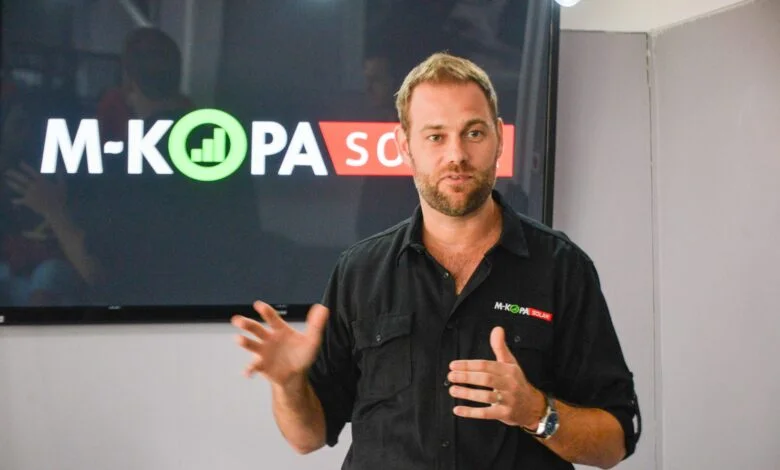M-Kopa deal pushes up Kenya's Q2 start-up funding to Sh13Bn

M-Kopa deal pushes up Kenya's Q2 start-up funding to Sh13Bn
In the three months to June, Kenyan startups raised over $100 million (about Kes12.83 billion) across 24 deals, with innovations in cleantech and fintech dominating both in funding and the number of deals despite a global dip in venture capital flows.
The latest update by Briter Bridges, a provider of market insights to businesses and investors globally, says since the start of this year, Kenya has consistently led in funding across key markets in Africa, except in March.
In the second quarter, Benin followed Kenya closely as the second top-funded region, largely attributable to $50 million (Kes6.4 billion) in debt funding that went into the two-wheeler manufacturing company Spiro. Across the continent, the Briter Bridges survey shows that South Africa ranked third in the quarter under review with 22 deals raising a total of $49 million (Kes6.3 billion).
In the quarter under focus, asset financing platform M-Kopa saw the US International Development Finance Corporation (DFC) announce a $51 million (Kes6.54 billion) loan commitment to the Nairobi-headquartered firm to enable the company to provide credit access for the underbanked in Africa.
DFC Chief Executive Scott Nathan said the $51 million loan to M-Kopa will be used to support the start-up's digital connectivity offerings throughout Kenya by helping underserved communities access affordable smartphones.
Read also: Stakeholders advocate for collective innovation efforts
M-kopa evolving into financial services company
M-Kopa, a company that entered the scene as a provider of clean energy solutions has slowly evolved to offer financial services to millions of unbanked populations across Africa who are excluded from traditional banking systems.
In recent years, debt financing has increasingly become a preferred funding model for startups globally, particularly for players in cleantech and mobility where stable revenue streams and asset-backed models offer security to lenders, Brighter Bridges explained.
Whereas the majority of the deals sealed across Africa were under $1 million (Kes128.3 million), the survey shows that startups offering e-learning services or Edtech are increasingly catching the eye of financiers. Financiers are fast realising the potential of Edtechs to drive access to quality education.
"As a result, Edtechs are garnering more attention and support from investors and accelerator programs. An example is the Mastercard Foundation Edtech Fellowship stepping in to provide support and funding to enable Edtechs to grow and scale for impact and sustainability," said Briter Bridges.
Overall, data shows that funding for startups in the three months to June 2024 dipped to pre-Covid levels, closely mirroring the financing last seen in 2018.
According to Brighter Bridges, this shift is even more pronounced when compared to monies that went to startups in 2023. "For context, while four startups secured $100 million+ mega-rounds in Q2 2023, no such deals were announced in Q2 2024," the advisory firm explains.
Earlier this month, insights on start-up funding tracker Africa: The Big Deal reported that the first six months of this year have been the slowest in terms of start-up funding in Africa since late 2020. In the period, startups managed to attract $780 million raised, which was a jaw-dropping 57 percent drop compared to a similar half last year.
Transport and logistics big recipients of funding
Further comparison shows the $780 million realized was a 31 percent decline compared to the money raised in the preceding half of the period between July and December 2023.
"The sector to attract most funding was transport and logistics (28 percent), with two of the three largest deals announced in H1 (moove and spiro). While Fintech came only second in amount raised, it stayed in the lead in terms of number of start-ups raising $1 million or more during the period," said Africa: The Big Deal in an industry update.
"Only a fraction of the funding continued to go to female-founded and female-led start-ups with 85 percent of the funding going to ventures without a single female founder and 92 percent to companies with a male CEO."



